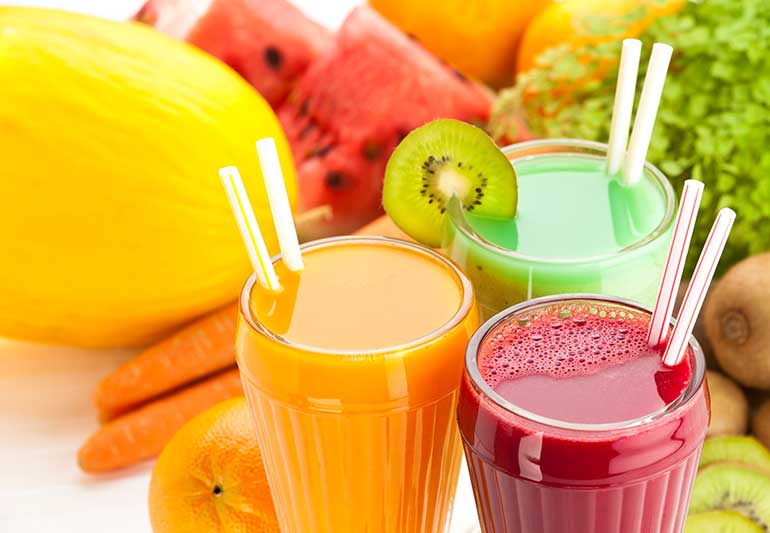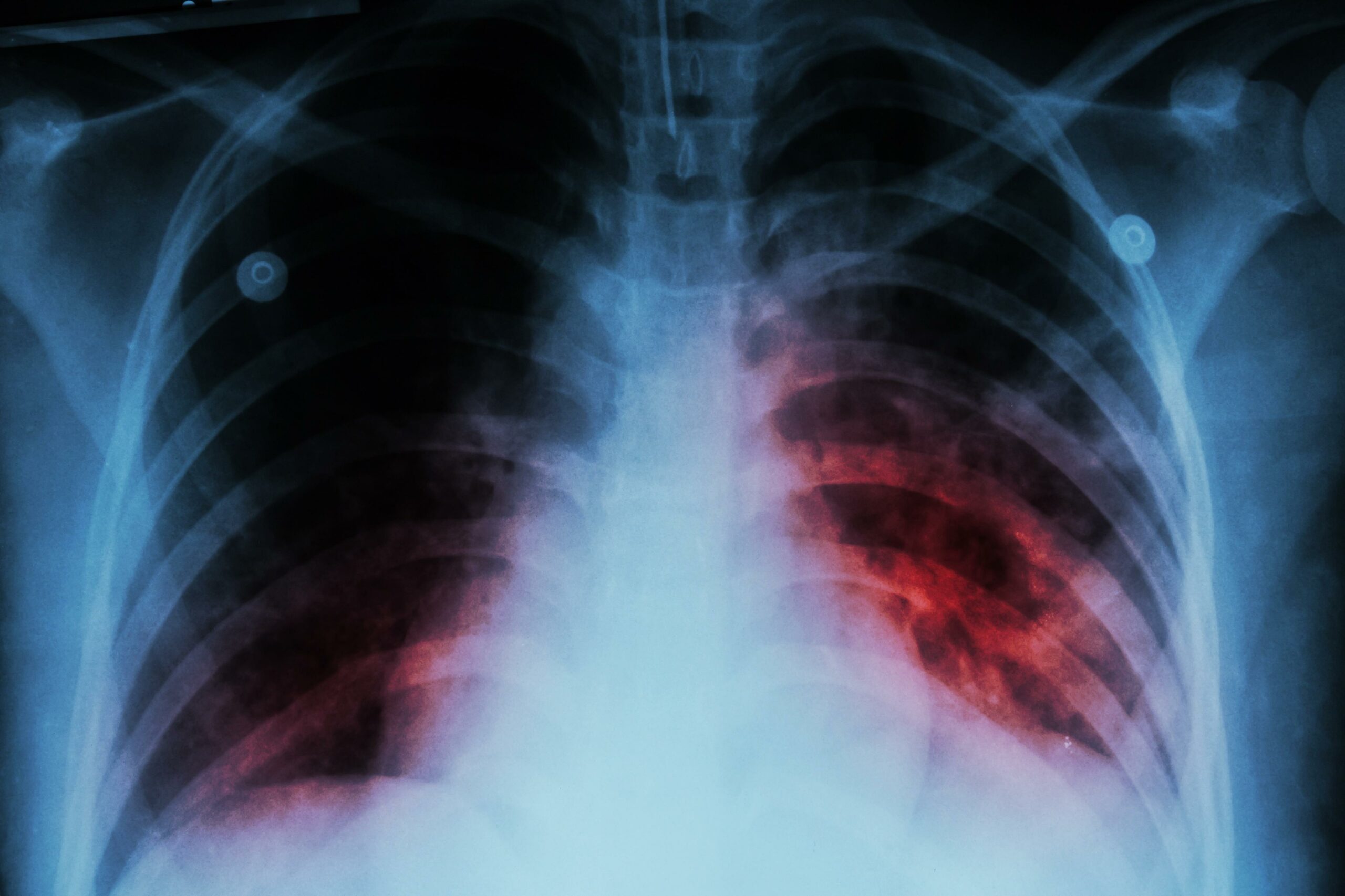In recent years, the health benefits of fruit consumption
have been widely acknowledged, promoting the idea that "an apple a day
keeps the doctor away." However, a new analysis of 42 previous studies,
published in JAMA Pediatrics, suggests that the seemingly innocent act of
sipping on 100% fruit juice might be associated with weight gain in both
children and adults.
The research highlights a positive correlation between daily
consumption of 100% fruit juice and Body Mass Index (BMI) in both children and
adults. Notably, the study defines 100% fruit juice as fruit juices without
added sugar, emphasizing the natural sugars present in the fruits themselves.
While the increases in BMI were modest – a mere 0.03 higher
BMI associated with each additional serving per day among children – the
findings varied by age. Younger children, specifically those under 11 years
old, showed a greater BMI gain per additional serving of 100% fruit juice
compared to their older counterparts.
The study authors propose a potential explanation for this
weight gain: "liquid calories." They suggest that the consumption of
liquid calories, as found in fruit juice, may lead to greater weight gain
compared to the ingestion of solid calories.
Additionally, 100% fruit juice lacks the fiber content
present in whole fruits, resulting in lower satiety levels. This lack of
satiety can lead individuals to consume more calories overall, contributing to
weight gain.
In the ongoing quest for a healthy lifestyle, understanding
the potential impacts of seemingly harmless beverages like 100% fruit juice is
crucial. As with many aspects of nutrition, moderation and awareness play key
roles in maintaining a balanced and health-conscious diet.
While the study doesn't necessarily advocate for completely eliminating 100% fruit juice from one's diet, it does encourage mindfulness about consumption. For those looking to enjoy the fruity flavor with fewer calories, the Centers for Disease Control and Prevention (CDC) suggests adding a splash of 100% juice to plain or sparkling water for a refreshing, low-calorie alternative.










.jpg)